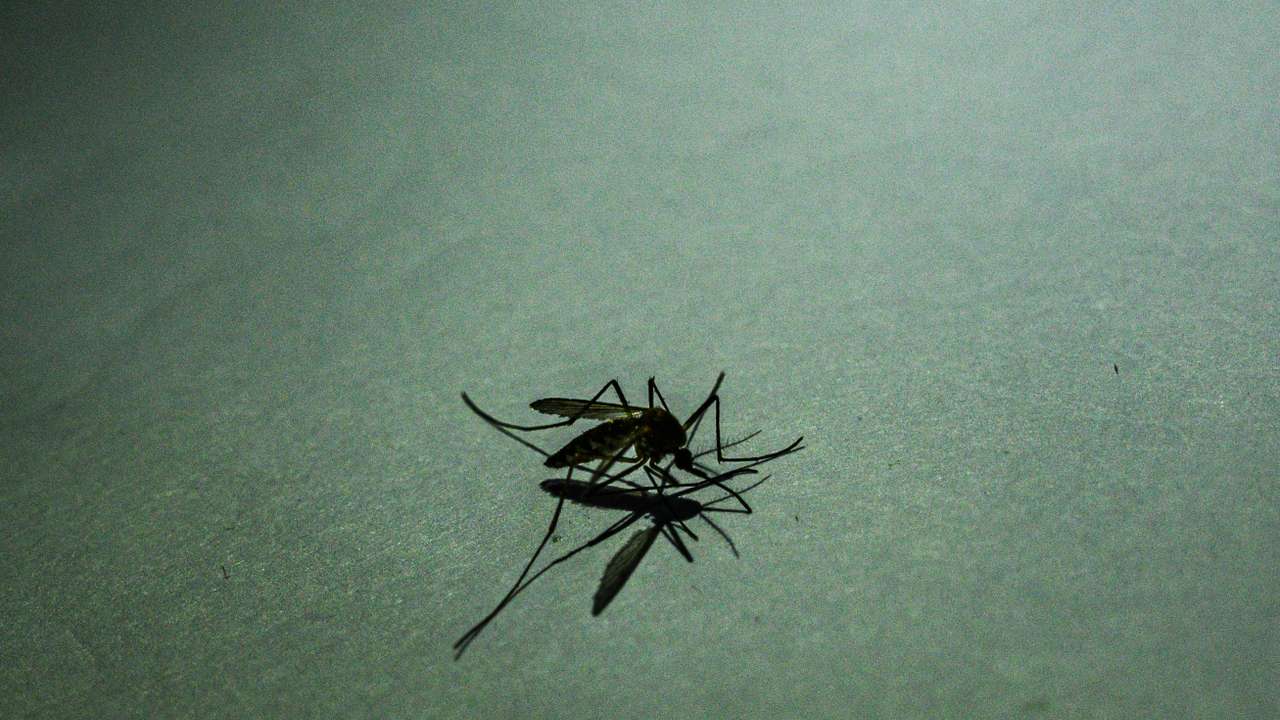WHO declares Egypt malaria-free

Egypt has been declared malaria-free by the World Health Organisation (WHO) after decade-long efforts by the country to eliminate the disease.
This makes Egypt the third country in the WHO Eastern Mediterranean Region to achieve the feat. The other two are the United Arab Emirates and Morocco.
Director General of the World Health Organisation Dr Tedros Adhanom Ghebreyesus commended the government and citizens while urging other countries to draw inspiration from this.
“Great news: #Egypt is malaria-free!” Dr Tedros wrote on X. “This certification is truly historic, and a testament to the commitment of the people and government of Egypt to rid themselves of this ancient scourge. I congratulate Egypt on this achievement, which is an inspiration to other countries in the region, and shows what’s possible with the right resources and the right tools.”
Egypt initiated its strategy towards the elimination of malaria in the 1920s. They established the malaria control facility and initiated strategies to decrease interaction between humans and mosquitoes.
According to the World Health Organisation, the certification of malaria elimination requires the elimination of the four main human parasite species: P. falciparum, P. vivax, P. ovale and P. malariae.
A country or area certified once it has been proven, beyond a reasonable doubt, that the chain of mosquito-borne transmission has been interrupted nationwide, resulting in zero indigenous malaria cases for at least the past 3 consecutive years.
The WHO also looks out for a programme in place for preventing the re-establishment of transmission (24). No countries were certified malaria-free in 2022, but three countries – Azerbaijan, Belize and Tajikistan – were granted certification in 2023.
So far, an estimated forty-four countries have been declared malaria-free globally.
Malaria kills more than 600,000 people every year, 95 percent of them in Africa, according to the WHO.